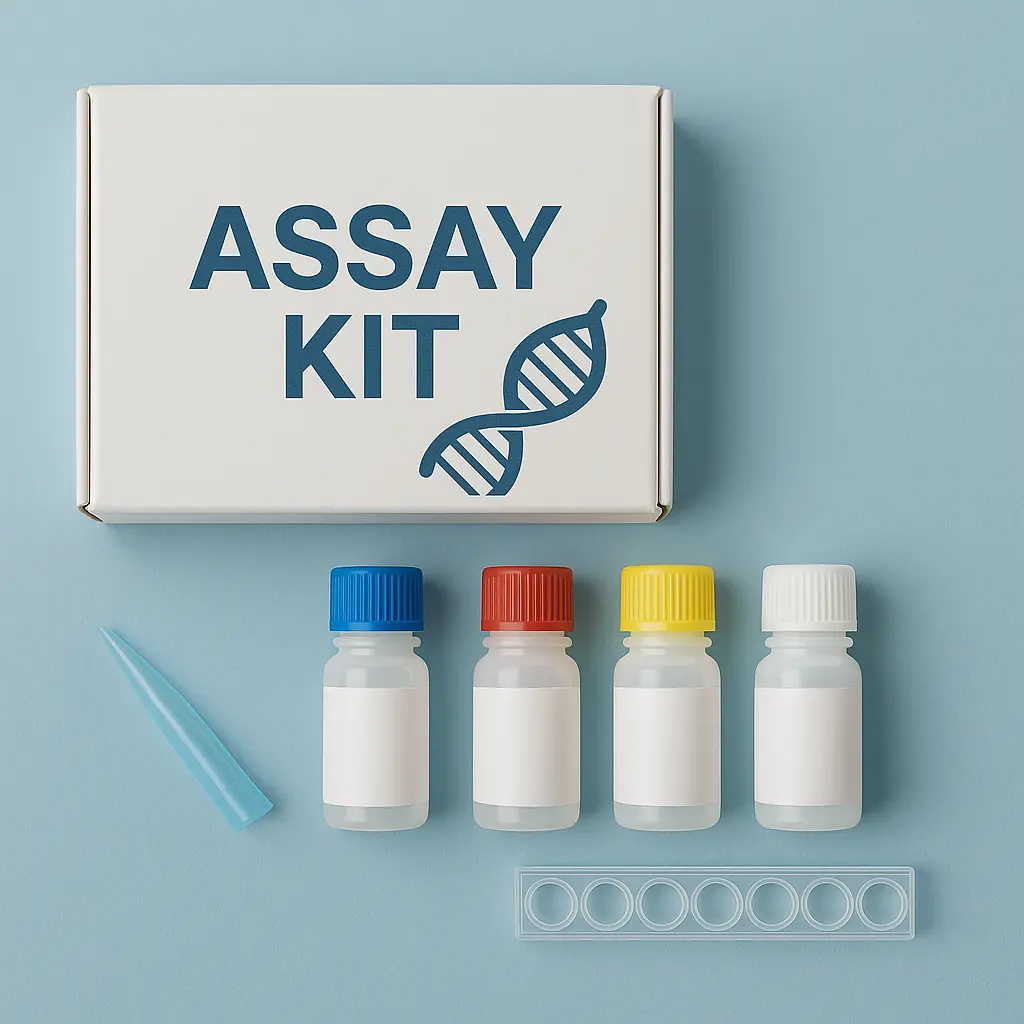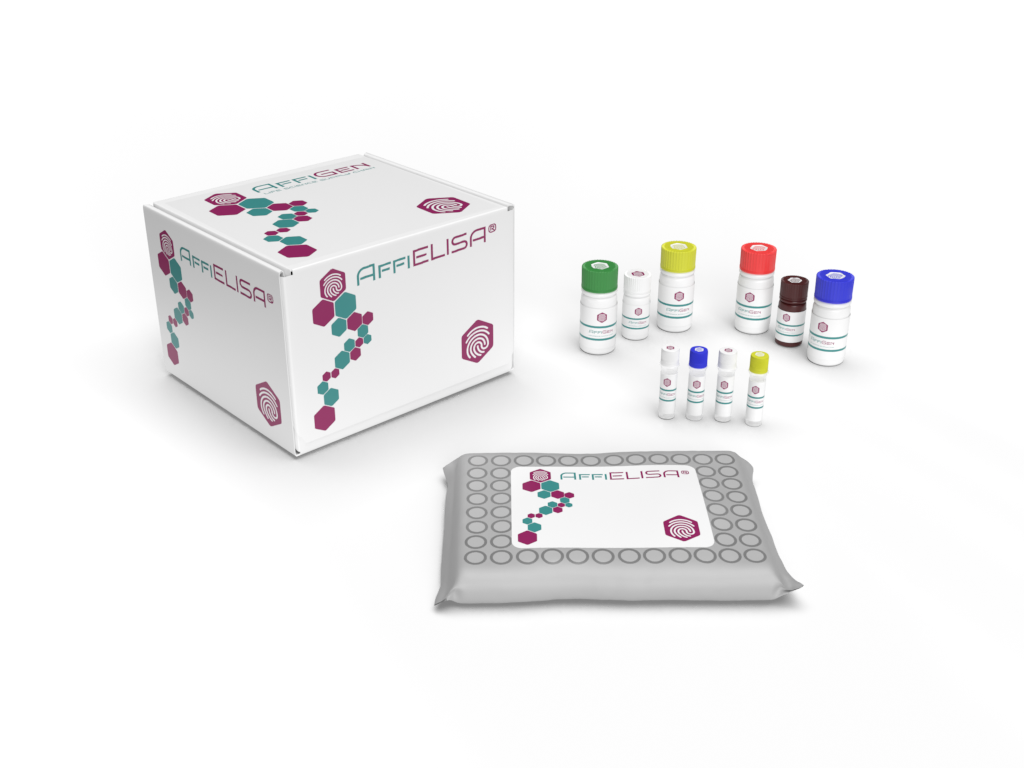Biotin ELISA Kit - 10 x 96 Tests
This kit is an essential tool for professionals seeking to conduct detailed analyses of neurotransmitter levels in urine, aiding in the understanding and management of various neurological and psychiatric conditions.
Internal Reference:
CSB-E16209-CSB
Website URL:
/shop/csb-e16209-csb-biotin-elisa-kit-10-x-96-tests-431863
Overview of Biotin ELISA Kit
The Biotin ELISA Kit is a highly sensitive and specific enzyme-linked immunosorbent assay designed to quantitatively detect biotin levels in biological samples. It operates on the principle of antigen-antibody interaction, where biotin (the target antigen) is captured by specific antibodies coated onto the wells of a microplate. This process allows for the detection of biotin with high precision.
Components:
- Coated Wells: Microplate wells pre-coated with biotin-specific antibodies.
- Biotin Standards: Known concentrations of biotin to generate a standard curve for quantification.
- Sample: The biological sample suspected to contain biotin.
- Biotin Conjugate: An enzyme-labeled biotin analog that binds to the biotin in the sample, forming a biotin-antibody-enzyme complex.
- Substrate Solution: Typically a chromogenic or fluorogenic substrate that reacts with the enzyme, producing a measurable signal (color change or fluorescence).
- Wash Buffer: Used to remove unbound substances during the assay to reduce background interference.
Principle:
The Biotin ELISA Kit follows a sandwich ELISA technique. During the assay, biotin in the sample binds to the capture antibody immobilized on the plate. The biotinylated enzyme-conjugate binds to the captured biotin. After washing, the bound conjugate is reacted with a substrate to produce a colorimetric or fluorescent signal. The intensity of the signal is proportional to the concentration of biotin in the sample.
Steps:
- Coating: Biotin-specific antibodies are adsorbed onto the surface of a microplate.
- Blocking: To prevent non-specific binding, uncoated areas of the plate are blocked with a protein solution.
- Incubation: The sample is added to the wells, followed by the biotin enzyme-conjugate. After incubation, the plate is washed to remove unbound material.
- Substrate Reaction: A substrate is added that reacts with the enzyme, producing a color change or fluorescence.
- Measurement: The signal is quantified using a microplate reader at the appropriate wavelength (e.g., 450 nm for colorimetric assays or 490 nm for fluorescence-based assays).
Applications:
- Biotin quantification in serum, plasma, or other biological fluids.
- Monitoring of biotin levels in nutritional studies, metabolic research, and disease diagnosis.
- Quality control in biotin-based product manufacturing.
Sensitivity and Specificity:
The Biotin ELISA Kit is designed to provide high sensitivity with a low detection limit, making it suitable for detecting even trace amounts of biotin. The specificity of the kit ensures minimal cross-reactivity with other compounds, providing reliable and accurate results.
Advantages:
- High precision and accuracy in biotin detection.
- Quantitative results that are easy to interpret.
- Minimal sample preparation required.
- Short assay time, typically within 2-3 hours.
- Wide dynamic range, suitable for both high and low concentrations of biotin.

